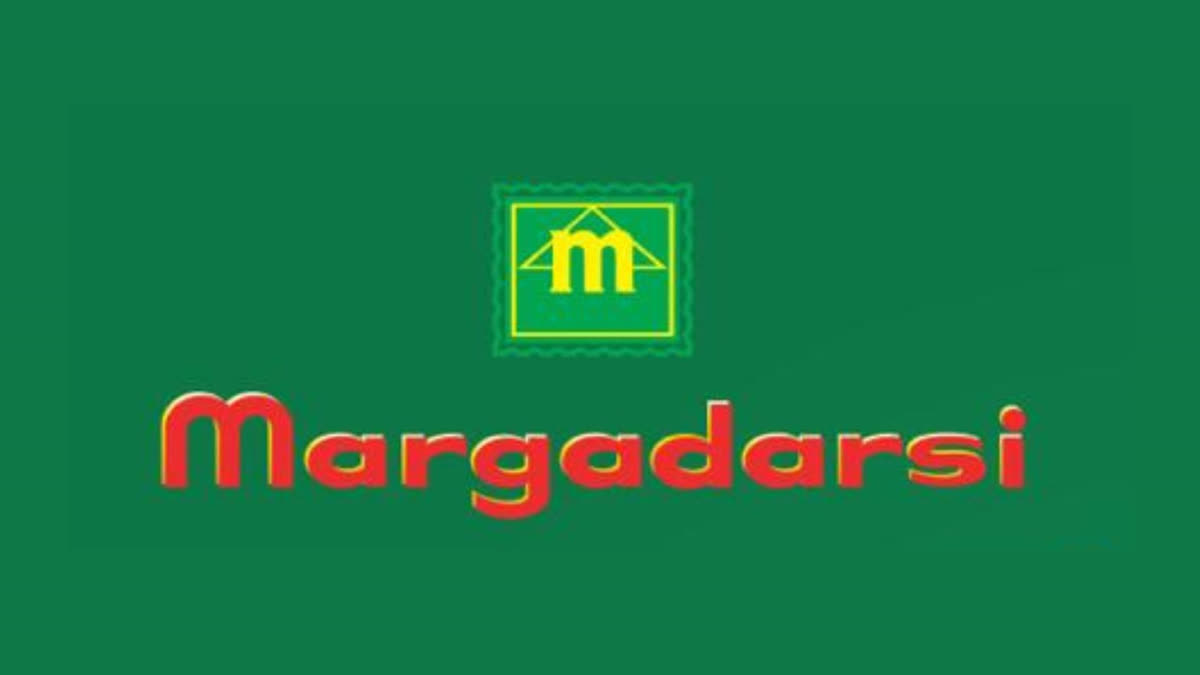New Delhi: The CID officials in Delhi blocked Telugu media from entering the press conference on Margadarsi Chit Fund case for about an hour, before finally letting them in under certain restrictions on Wednesday. The press conference was held at the Andhra Pradesh Bhavan here, under the supervision of Additional Director General (ADG) of Andhra Pradesh CID, N Sanjay. Interestingly, all media representatives allowed inside were from Hindi and English news organizations, except for the representatives of 'Sakshi', a Telugu newspaper daily.
As per the sources, the Telugu media representatives were asked to place their cameras inside the hall during the press conference, but the reporters were not allowed to go inside -- seemingly to avoid any questions from them. The reporters however did not agree to settle for the arrangement and questioned the AP CID police as to how they could allow only one Telugu media representative to enter, and hold such discrimination against the rest of them.
When asked on what basis they are restricting entry to the Telugu media, especially when the issue in discussion pertains to the state of Andhra Pradesh, the police personnel said that the conference is being held in order to disseminate information to the national media in a systematic way. The journalists claimed they are also representatives of the national media and have never been denied entry into the conferences held by central ministers and officials. Reiterating that the discrimination between regional and national media is unfair, the Telugu journalists spent a considerable time requesting the officials to let them in.
Also read: Andhra Pradesh CID slings mud on "Margadarsi"
Giving in to the reporter's protests, the officials said they will also send the representative of the Sakshi newspaper outside. The reporters then clarified that their concern does not have to do with the journalists from Sakshi being allowed -- they are concerned about the reasons why specifically the Telugu media is being blocked from entering the conference. They even proposed to ask the questions they have only after the national media is done asking questions, but the officials were hell-bent on not allowing them inside. Eventually, the officials reassured that the CID ADG will not leave unless he holds a special conference with the Telugu media.
The reporters however continued with their protests, citing that they cannot trust the officials making promises. Soon after, the national media also demanded the Telugu regional media be allowed inside. A representative of the Hindi media, who was also present at the conference and was allowed inside, said that the Telugu reporters know more about the matter than the national media, and can therefore ask better questions.
When the national media interfered, an official said that he apologizes for the exclusion, but the Telugu media cannot be allowed in. When asked if the ADG will hold a meeting with them later, the official plainly denied any such possibility, as was feared by the Telugu media. He claimed that no official said that this special meeting with Telugu media will be held today, and that it may be held sometime later. The resistance intensified with both national and regional reporters criticizing the officials for the discrimination.
After a long argument between the media persons and the police that went on for about 40 minutes, the officials finally, under pressure, agreed to let the Telugu media in. However, they were allowed to speak and ask questions only after the national media was done with their questions. The CID ADG left without holding any separate session for the Telugu media on the matter.



